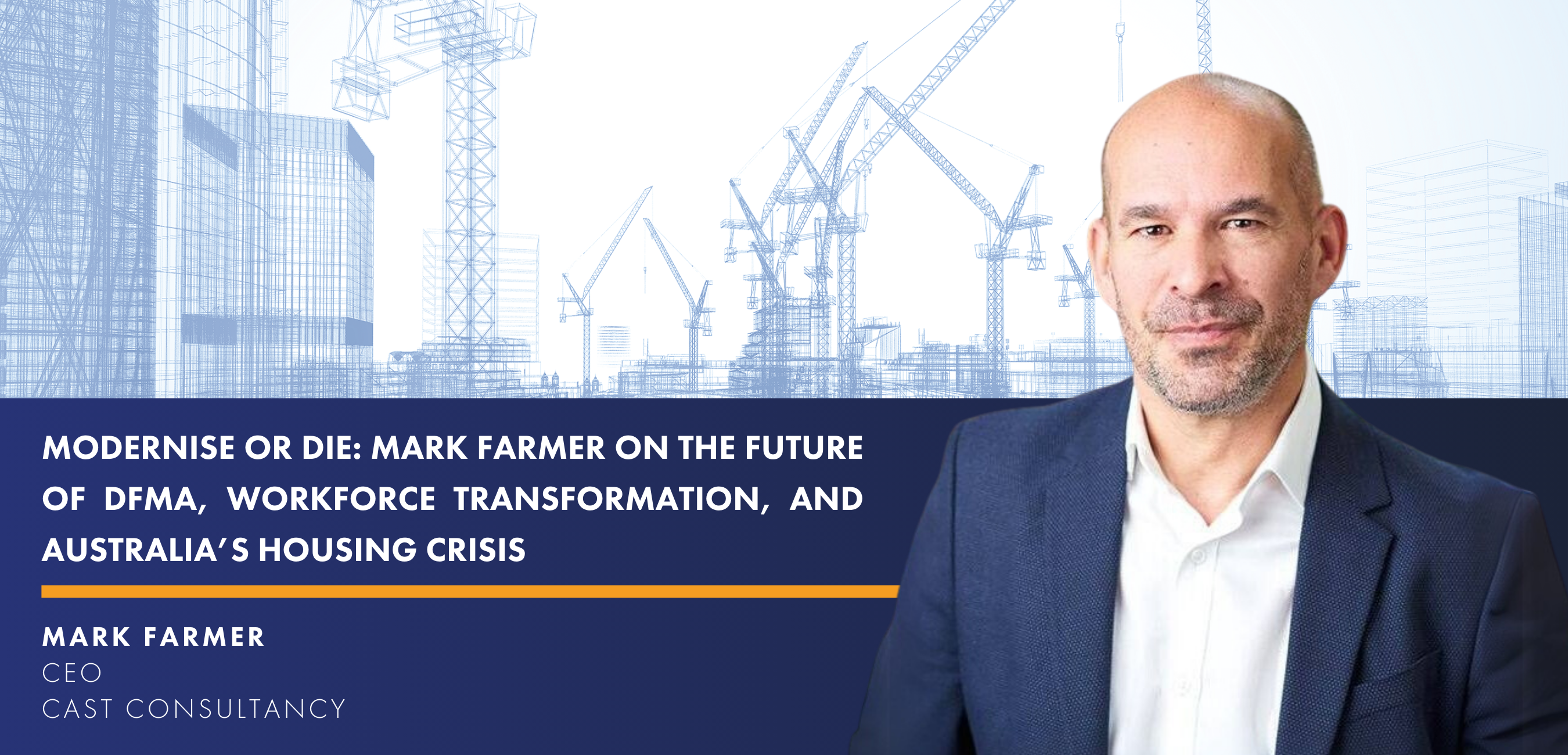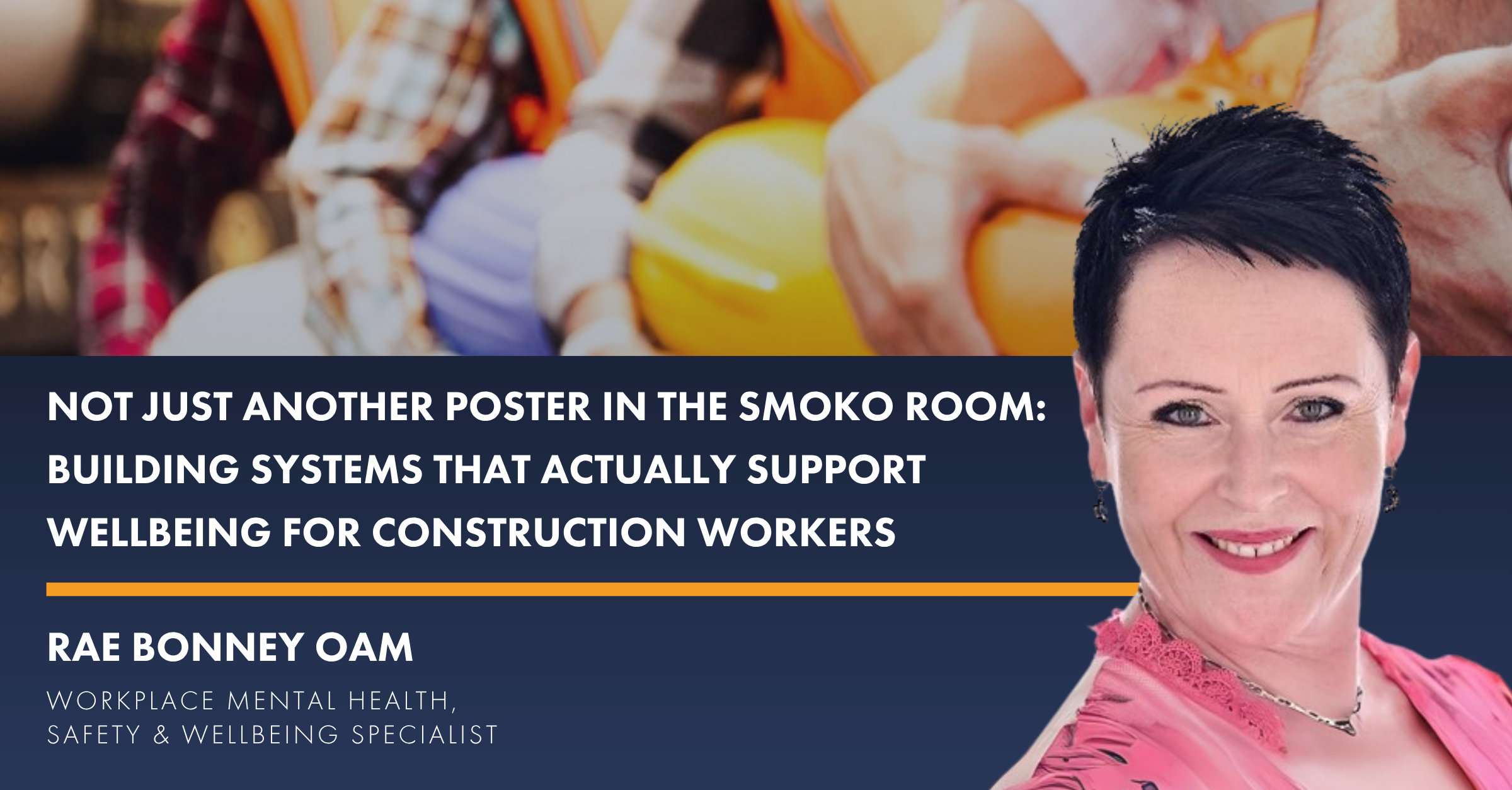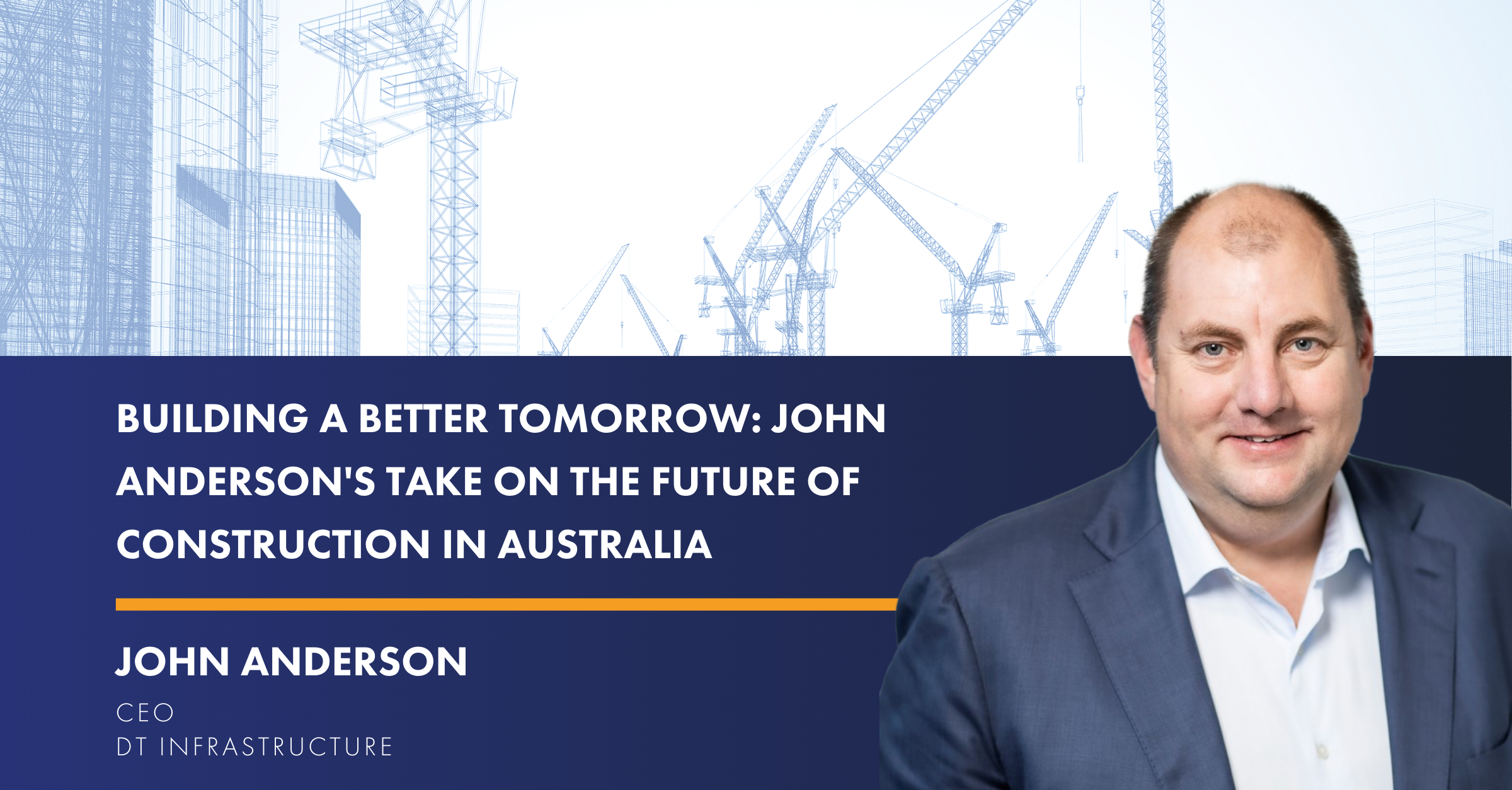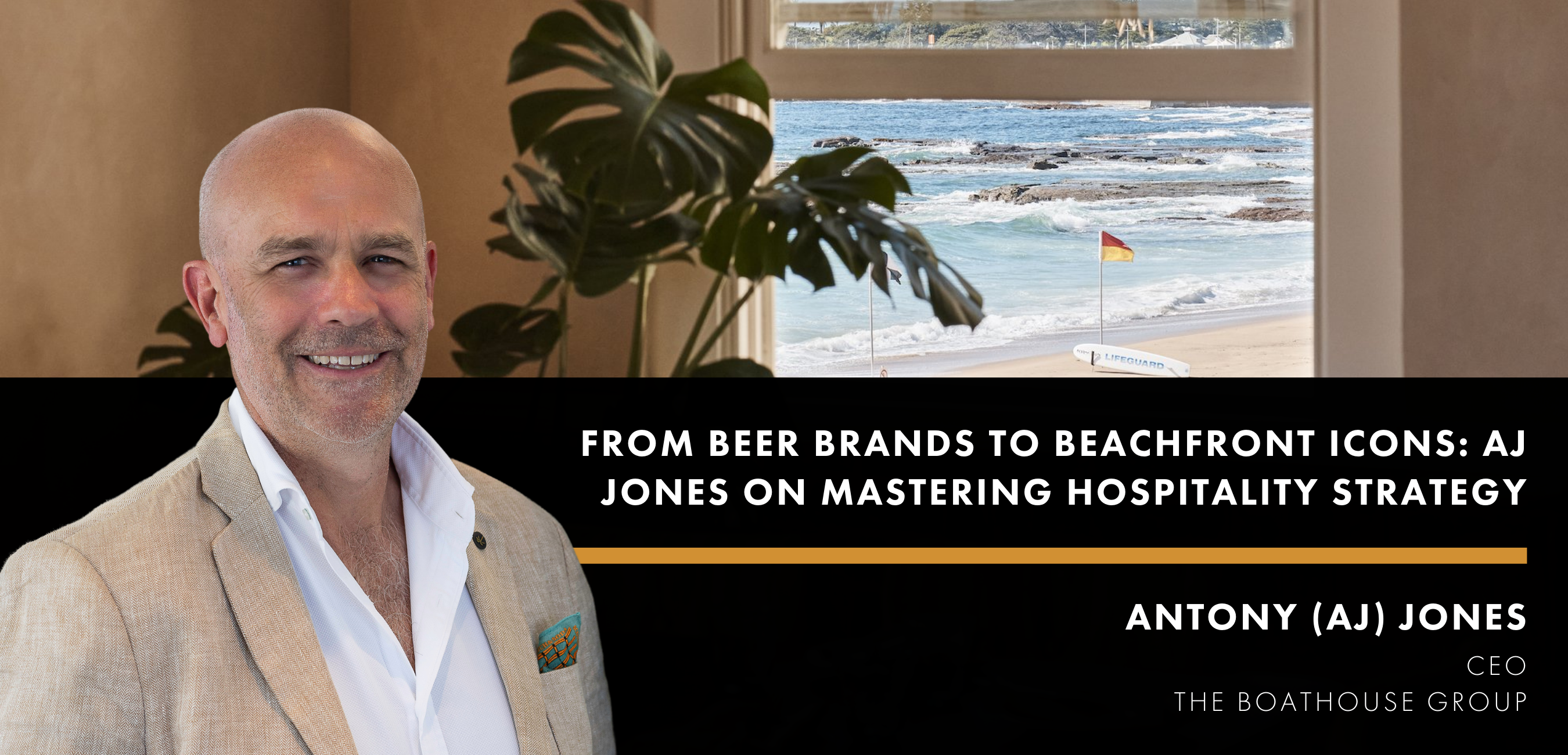FuturePlace: Mark thank you for your time and can you tell me more about your role as CEO of Cast Consultancy?
Mark Farmer: So Cast is in its 10th year of trading now and since I helped found the business my role has very much been on setting the strategic direction for our activities including establishing our credentials from initial start up phase to maturity. As part of that effort, I have leveraged my external role and industry profile to modernise the construction industry, especially following the 2016 publication of my government review, ‘Modernise or Die‘. We are now a 90-person, globally recognised niche business, working on remarkable commissions for a broad array of clients, and I am enormously proud of our achievements. The complexities of running a larger business mean more time must be dedicated to operational and leadership matters. I am pleased that our board succession planning is well established, allowing me to focus on the outward-facing activities that I find so rewarding.
FuturePlace: What is your Mission and what strategic areas are you focusing on in 2025?
Mark Farmer: The Cast mission statement is in 3 parts:
- Driving Industry Change
- Delivering Better Outcomes
- Creating Future Places
The focus in 2025 continues across all themes. There is perhaps a slight emphasis at the moment towards driving industry change as I have just published my second review for the UK Government, ‘Transforming The Construction Workforce’, looking at construction skills*.
FuturePlace: How important is MMC and in particular DfMA in helping to address the Housing Crisis in Australia?
Mark Farmer: I believe it is a major component of what needs to be a spectrum of measures required. The construction industry resourcing and delivery challenges are in many ways rooted in the fact that we bespoke design and construct every project, with no real thread of continuity or standardisation. That in turn fragments supply chain and fails to harness economies of repetition, both in design and site construction. Moving to a DfMA mindset has advantages, whether you end up building things on or offsite. Site productivity can be improved through repeatable details and processes and they also facilitate, where appropriate, manufacturing economies. I am particularly interested to see if Australia can use its pioneering move towards pattern books in New South Wales, as a link towards more DfMA thinking and in turn create more of a site productivity and MMC application benefits case.
FuturePlace: What are the major challenges you see across the industry today and what can the Australian industry learn from the adoption and use of MMC in Europe and the UK?
Mark Farmer: The core challenge is workforce constraints. In most developed economies now, construction is suffering from a combination of structural decline in workforce numbers, reducing capability / competency and ultimately stagnant or falling productivity. That soon becomes a vicious cycle downwards in terms of volatile workloads further hollowing out capacity, wage inflation driven by lack of workers and increased doubts on quality of work done. All of these things I see in UK and Australia. The move toward better assured outcomes can inherently be made easier by taking some of the pressure off site trades, especially where they are capacity constrained. The idea of doing more in a factory is a no brainer but it is easier said than done and requires robust, quality assured execution by offsite providers and compliant integration into the final on site works. The industry’s design and procurement models often perpetuate business as usual – bespoke designs, tendered to lowest bidder and built traditionally. We need to disrupt the front end clienting, design, costing and procurement models to better facilitate use of MMC. This challenge is common in many countries, especially for more complex buildings. There are some precedents for MMC in single family housing in some countries (i.e. Sweden, Japan) but is not the norm.
FuturePlace: How do you see broader technology and innovation supporting opportunities and providing solutions to some of the challenges the industry faces, such as the lack of workforce, poor productivity and supply chain constraints etc?
Mark Farmer: I see technology having variable impact at different stages of the real estate and construction process and having different levels of impact on productivity and quality of outputs. At the front end of the real estate, design, planning and costing process, I see huge leaps through generative, AI based tools using large datasets to automate tasks. Design and costing configurators, perhaps ultimately linked to rules based planning (i.e. the pattern books mentioned above) is a real gamechanger opportunity. As you move to detailed design and into procurement, the opportunity is there for digital design to drive digital manufacturing and in so doing, better assure outcomes. The area that is the most difficult to innovate is the final site based phase of construction and assembly. This will largely remain human led and physical in its nature. There are some interesting digital site tools that will augment workers but ultimately, the journey to a robotic workforce is probably a long one!
FuturePlace: What excites you most about the industry and the year ahead?
Mark Farmer: I think that the increasing challenges the industry has across many countries at the moment is creating the potential for more business case led decisions to do things differently. Many businesses are now realising that doing the same thing might now represent a risk and that means incremental innovation is on the table. When the risk of doing the same thing becomes greater than the risk of doing something new, change starts to happen.
FuturePlace: Thank you for speaking again at FCON25 and what parts of the summit are you most looking forward to?
Mark Farmer: I always enjoy visiting Australia and have done so several times now over the last few years. Just listening and talking to people, sharing ideas and building collaborative networks is the highlight for me.
FuturePlace: Lastly, if you had a crystal ball, what predictions do you have for the industry over the coming decade?
Mark Farmer: We will modernise rather than die, it will just be incremental rather than a ‘big bang’!
Mark will be joined by 100+ expert speakers at The 5th Annual Future of Construction Summit, which has a whole Stream (one of 3 parallel tracks) dedicated to DfMA and Modern Methods of Construction with other key speakers including Damien Crough of prefabAus, Simon McCarthy of Systemised Design Group, Martin Fenn of MMCi/ CIOB and many more all sharing their insights over the 2 day Summit in Brisbane on May 19-20.
The FCON25 Summit will attract over 800 senior construction leaders to look at Major Projects, Productivity, Sustainability, Preconstruction, Supply Chains, Diversity, Workplace Culture, Technology, Digital Construction and how Innovation is pathing the way for the Future of Construction industry of Australia. Learn more about the event here.
* References:
Transforming The Construction Workforce, looking at construction skills:
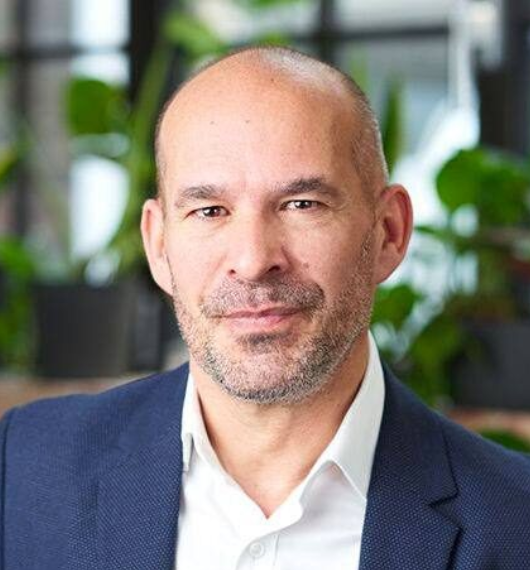
Mark Farmer
CEO, Cast Consultancy
Mark Farmer is the CEO and Founding Director of Cast Consultancy, bringing over 30 years of experience in construction and real estate. Known globally as a thought leader and industry reformer, Mark has played a pivotal role in shaping policy and modernising the construction sector. He is the author of the Modernise or Die report—an influential 2016 review of the UK’s construction labour model commissioned by the UK government.
Between 2019 and 2023, Mark served as the UK government’s Champion for Modern Methods of Construction (MMC) in housebuilding. Most recently, he was appointed by the Department for Education to lead the review of the Construction and Engineering Construction Industry Training Boards. He is also an honorary professor at the University of Salford’s School of Built Environment and holds honorary doctorates from the University College of Estate Management and the University of Wolverhampton. In 2021, Mark received the CIOB President’s Award for his significant contributions to driving long-term industry change.

